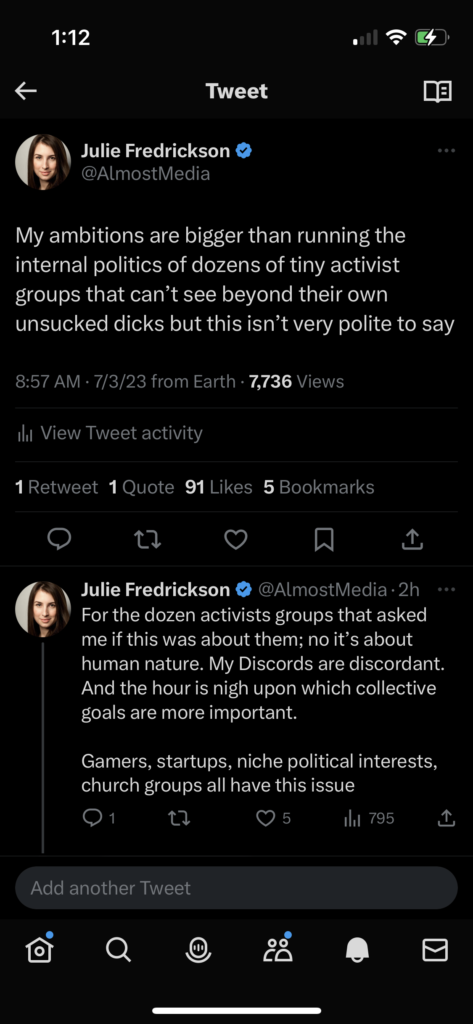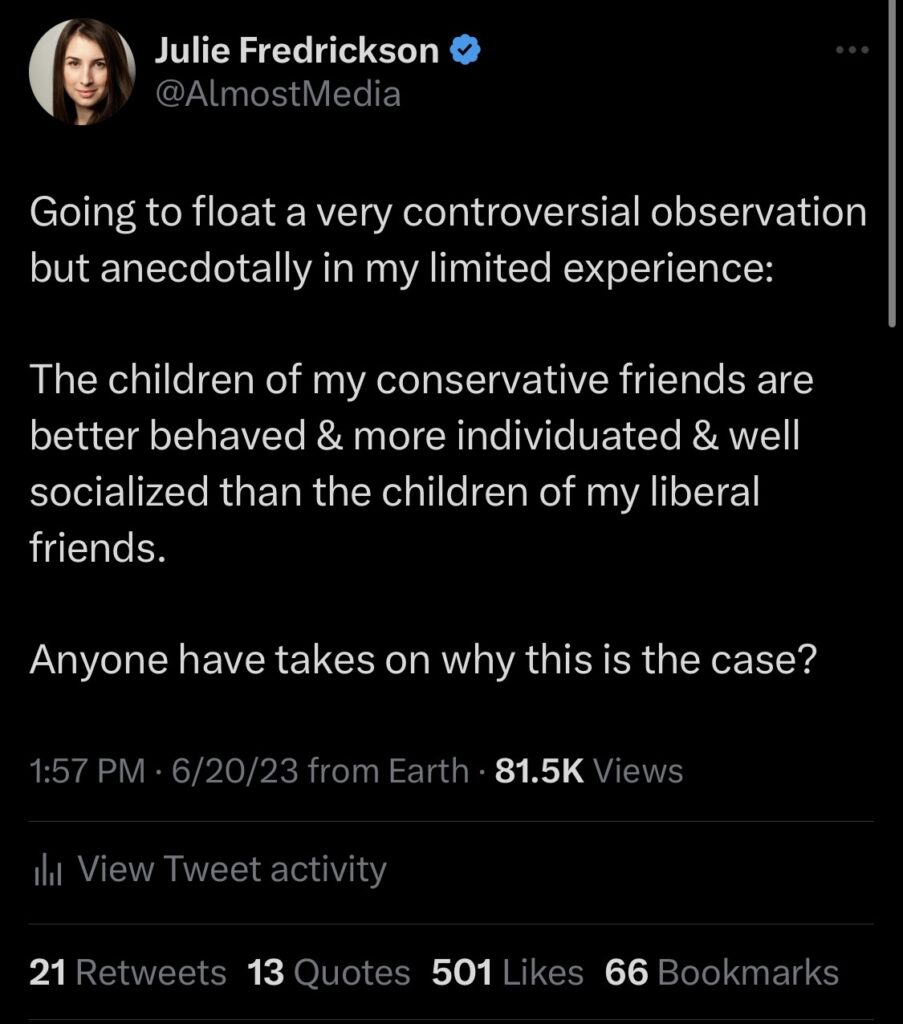If you have spent time on this blog, you likely have some familiarity with my usage of crude language to get across a wider point. Sometimes being rude or lewd is simply the most effective manner of communicating a difficult truth.
While I have an overused forced metaphor tag given for my tendency to write in overwrought imagery, I’ve only just realized that I have written a trilogy of crude metaphors in service of explaining power as simply as possible. Those crude metaphors include shitposting, dickriding and now unsucked dick.
Without attention-grabbing taboo cursing, these topics can otherwise might seem too complex or academic. If you have read critical theory texts you know what I mean.
Overly formal language is alienating and tends to entrench us in our priors. With that context out of the way, I shall now get into today’s crude metaphor.
An unsucked dick is someone who is willfully giving up their own power to victimhood through refusing to act for what they want. And everyone wants their dick sucked. Metaphorically, at least a little. Those that don’t want power are usually loathe to admit it.
This turn of phrase is NOT intended to be gendered. Unlicked cunt doesn’t work as well for a host of sociopolitical reasons on sexual status and power. Don’t get too worked up about it. See the bigger truth.
You will find unsucked dick when the hard work of getting what someone wants is either is too much effort on their own, or otherwise requiring collective action & leadership on behalf of a group that is in disfavor from those currently in power.
Let me illustrate with a shitpost. Perhaps you too have had to organize a group of activists who would rather squabble and in-fight than win power.

A dick that is unsucked is the inversion of the dick that is ridden. You may recall that dickriding occurs when a group surrounds it’s most powerful member with praise and flattery. The leader has the sucked dick.
The one whose dick is ridden sucks up (pun intended) a lot of the energy of collective often at the detriment of their followers. The example I used in my previous post is Elon Musk.
You can use tactics like shitposting to attract some of a groups’ energy away from the ridden dick. Shitposting is deliberate act of soliciting a response online. It’s traditionally used as a lower energy way to shape engagement and conversation away from the traditional or current power holders, particularly when you know no other method will break through the noise and narrative.
The collective action problem in the many disenfranchised groups in modern society can often be boiled down to unsucked dicks desperately shitposting as dickriders. They want power but either cannot or will not find ways to gain it.
I don’t strive to organize unsucked dick into powerful constituencies and I’d bet you don’t either. It’s exhausting to control others. Politicians and celebrities have their simps but it’s often a complicated and unstable relationship. Audience capture by your simps tends to turn you into the New York Times or Andrew Tate.
Everyone needs to be responsible for their own dicks (gender neutral I swear) and get on with achieving their bigger goals. If you are not actively getting beyond purity politics and activist in-group fighting you are not serious about winning the thing you claim to want.
If having is evidence of wanting a lot of you simply do not want power. And that’s OK, if that’s actually what you want. Just be damn sure your actions are true to want you want. And if you want something go fucking get it. I’m happy to help.





